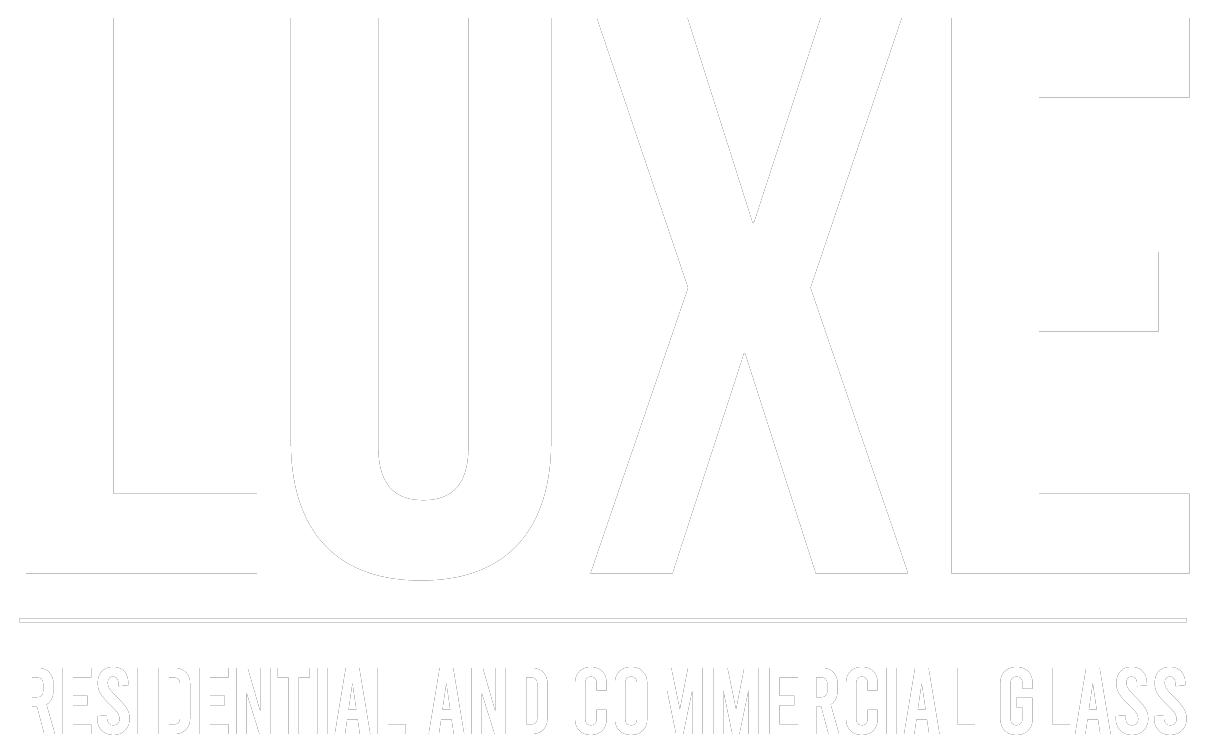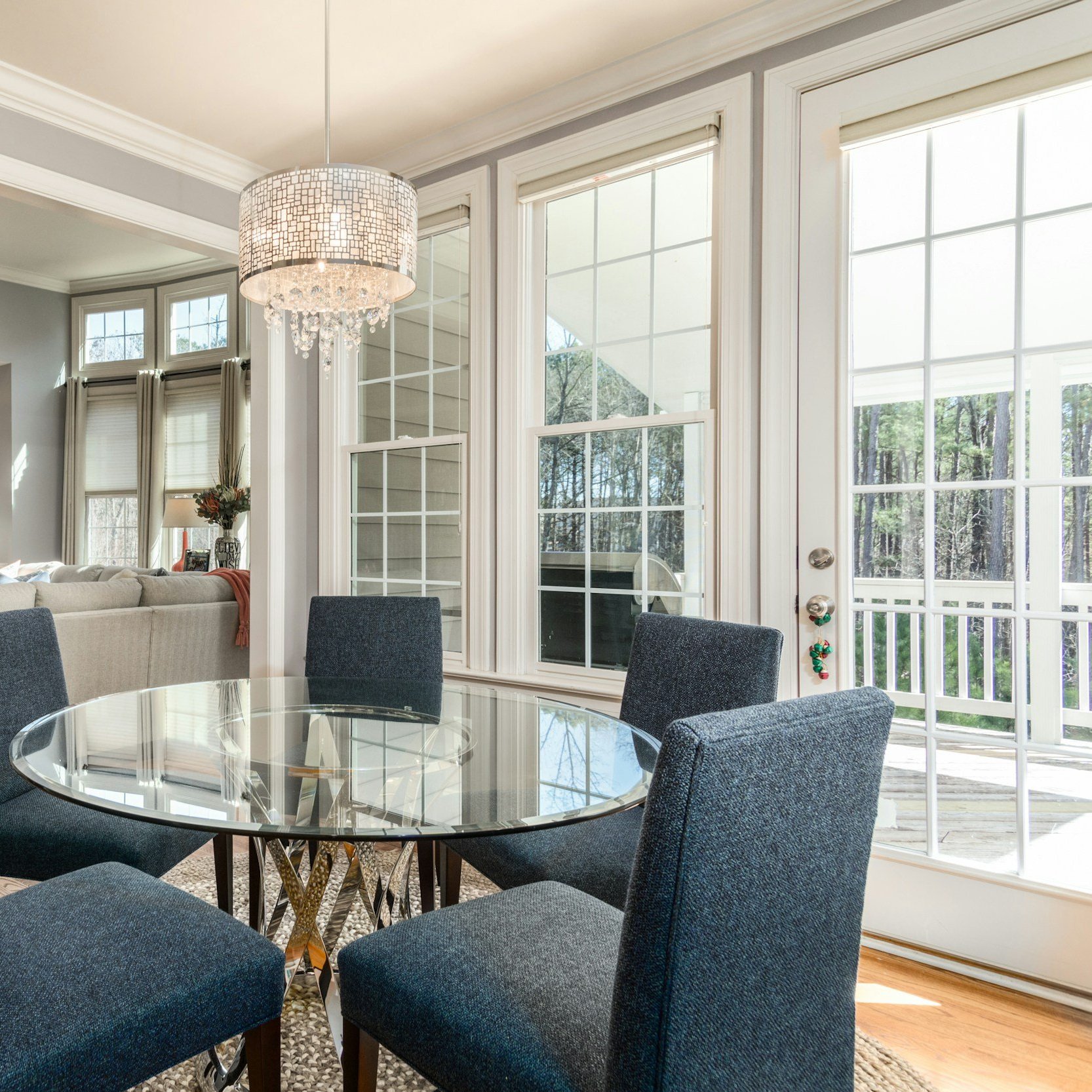Types, Textures, and Tints of Glass: Making the Best Choice for a Home
Making an informed decision about residential glass involves understanding various characteristics contributing to aesthetics and functionality.
Making an informed decision about residential glass involves understanding various characteristics contributing to aesthetics and functionality. A professional glass company can guide homeowners through the selection process, considering factors like energy efficiency, safety, and design preferences.
Common Types of Residential Glass
Float glass serves as the foundation for most residential applications. Float glass emerges as a perfectly flat, clear surface created through a floating process on molten tin. However, residential properties often require specialized options to meet specific needs and building codes.
Tempered glass offers superior strength and safety features compared to standard float glass. During manufacturing, the glass undergoes intense heating followed by rapid cooling, creating tension within the material. When broken, tempered glass shatters into small, round pieces rather than sharp shards, reducing injury risks.
Laminated glass comprises multiple layers bonded with a specialized interlayer, typically made from polyvinyl butyral (PVB). The interlayer holds the glass together upon collision, providing enhanced security and sound reduction properties. Many homeowners select laminated glass for large windows or areas requiring additional protection.
Distinctive Textures and Patterns
Textured glass adds visual interest while maintaining privacy. Patterns range from subtle ripples to pronounced geometric designs. Rain glass features a vertical pattern resembling water streams, offering moderate privacy while allowing natural light transmission. Reed glass incorporates parallel lines, creating a sophisticated, contemporary appearance.
Obscure glass patterns provide varying degrees of privacy while maintaining light transmission. Popular options include granite, flemish, and aquatic patterns. Each texture offers unique light-diffusing properties and aesthetic appeal, making them suitable for bathrooms, entryways, and decorative applications.
Understanding Glass Tints and Coatings
Bronze and gray tints reduce solar heat gain while maintaining outward visibility. These tints complement various architectural styles and help regulate indoor temperatures. Green tints offer similar benefits while providing excellent light transmission and glare reduction.
Low-emissivity (Low-E) coatings represent a momentous advancement in glass technology. These microscopic layers reflect infrared light while allowing visible light to pass through. Low-E coatings contribute to energy efficiency and comfort throughout the seasons by reducing heat transfer.
Performance Considerations
Energy efficiency remains a primary concern for homeowners. Double-pane and triple-pane windows with insulating gas fill provide superior thermal performance compared to single-pane alternatives. The space between panes, typically filled with argon or krypton gas, reduces heat transfer and improves overall window efficiency.
Impact resistance becomes particularly important in regions prone to severe weather. Hurricane-rated glass systems combine laminated glass with robust framing to protect against windborne debris and pressure differences during storms. Impact-resistant glass provides additional security and comfort even in areas without strict building codes.
Sound transmission control grows increasingly important in urban environments. Laminated glass and specialized acoustic interlayers can significantly reduce external noise penetration. The thickness and composition of glass panels directly influence sound reduction capabilities.
Design Integration
Modern homes often feature large glass expanses to maximize natural light and views. Structural glass systems support these designs through innovative engineering and advanced materials. From frameless shower enclosures to glass stairs, contemporary applications push the boundaries of residential glass usage.
Custom decorative elements enhance architectural expression through glass. Sandblasted patterns, digital printing, and acid-etched designs transform ordinary glass into unique artistic statements. Working with a professional glass company allows homeowners to explore creative possibilities while maintaining functional requirements.
Future-Focused Solutions
Smart glass technology continues to advance, offering transformative possibilities for residential applications. The electrochromic glass changes transparency levels through electronic controls, eliminating the need for traditional window coverings. While currently representing a premium option, smart glass highlights the evolving nature of residential glass solutions.
Making an Informed Selection
Appropriate glass solutions must balance climate, orientation, security requirements, and aesthetic preferences. A thorough evaluation of these considerations, combined with professional guidance, leads to optimal outcomes. Local building codes, energy efficiency standards, and architectural requirements influence final glass specifications. By partnering with an experienced glass professional, homeowners can navigate these considerations effectively, creating spaces that combine beauty, comfort, and functionality.
Luxe Residential and Commercial Glass of Las Vegas provides premier glass repair and replacement, glass shower doors and enclosures, glass railings, glass tables, table tops, shelves, and standoffs, windows, mirrors, and take-home installation packages in Las Vegas and surrounding communities. Call Luxe Glass at (702) 302-1222.

